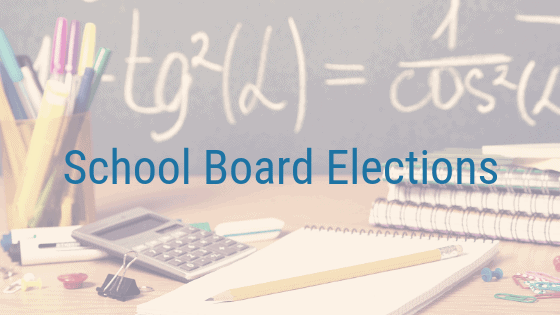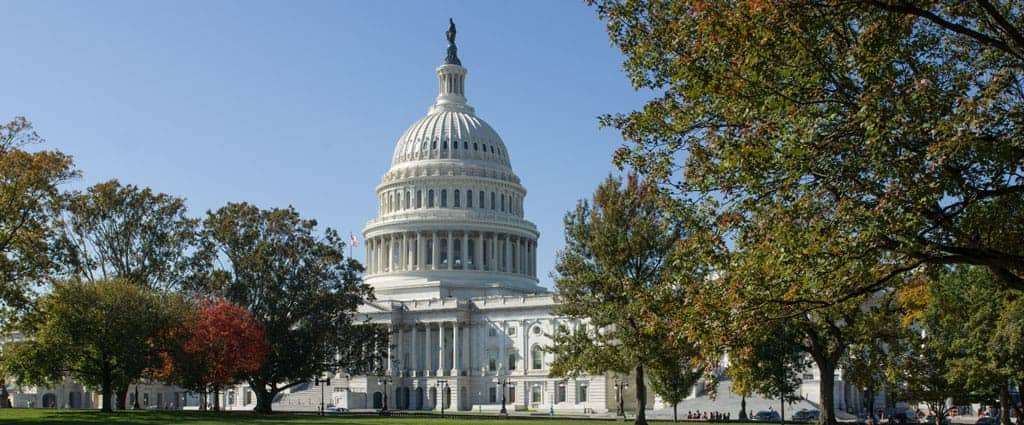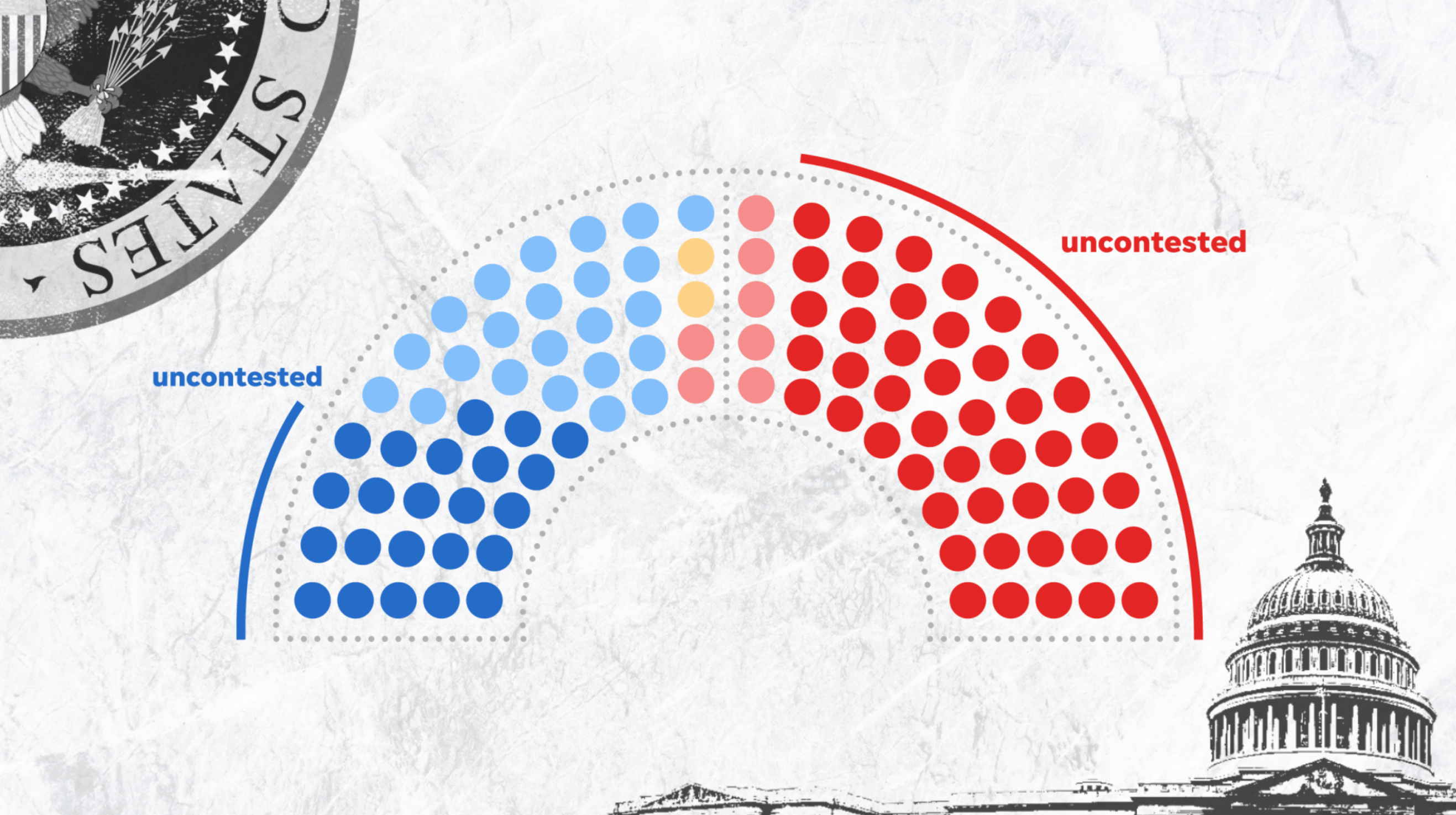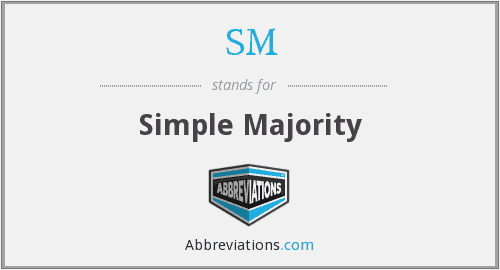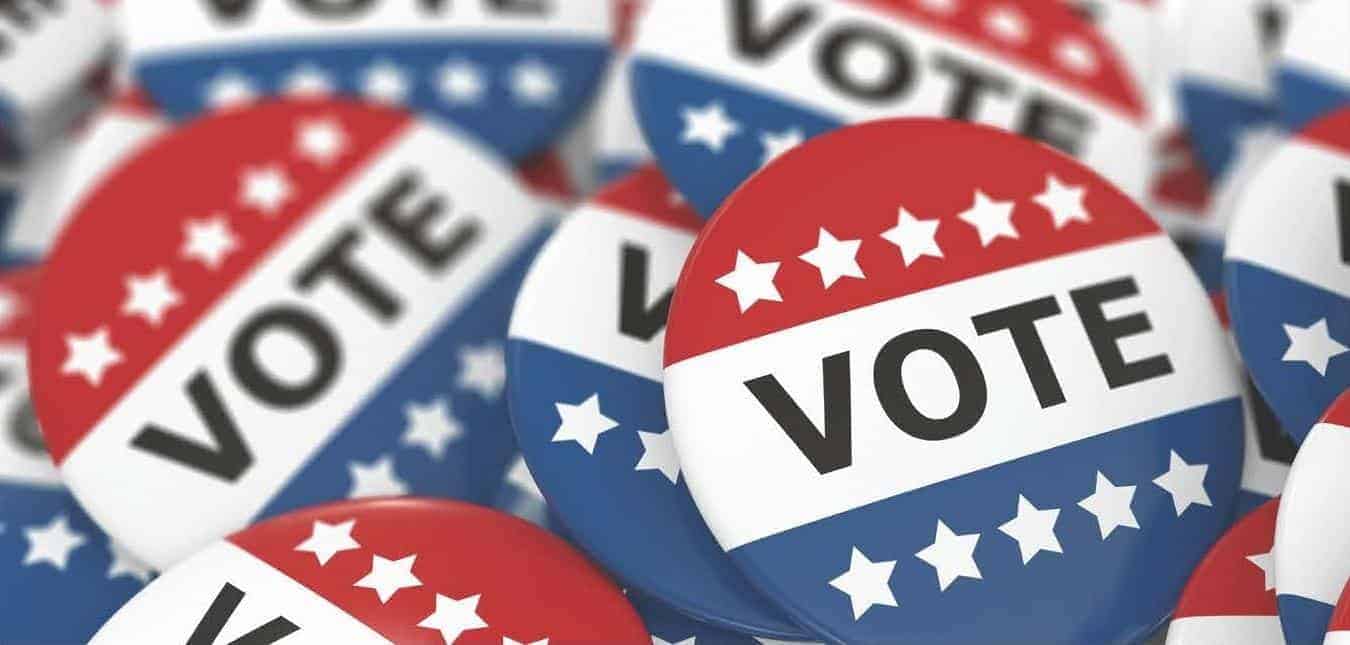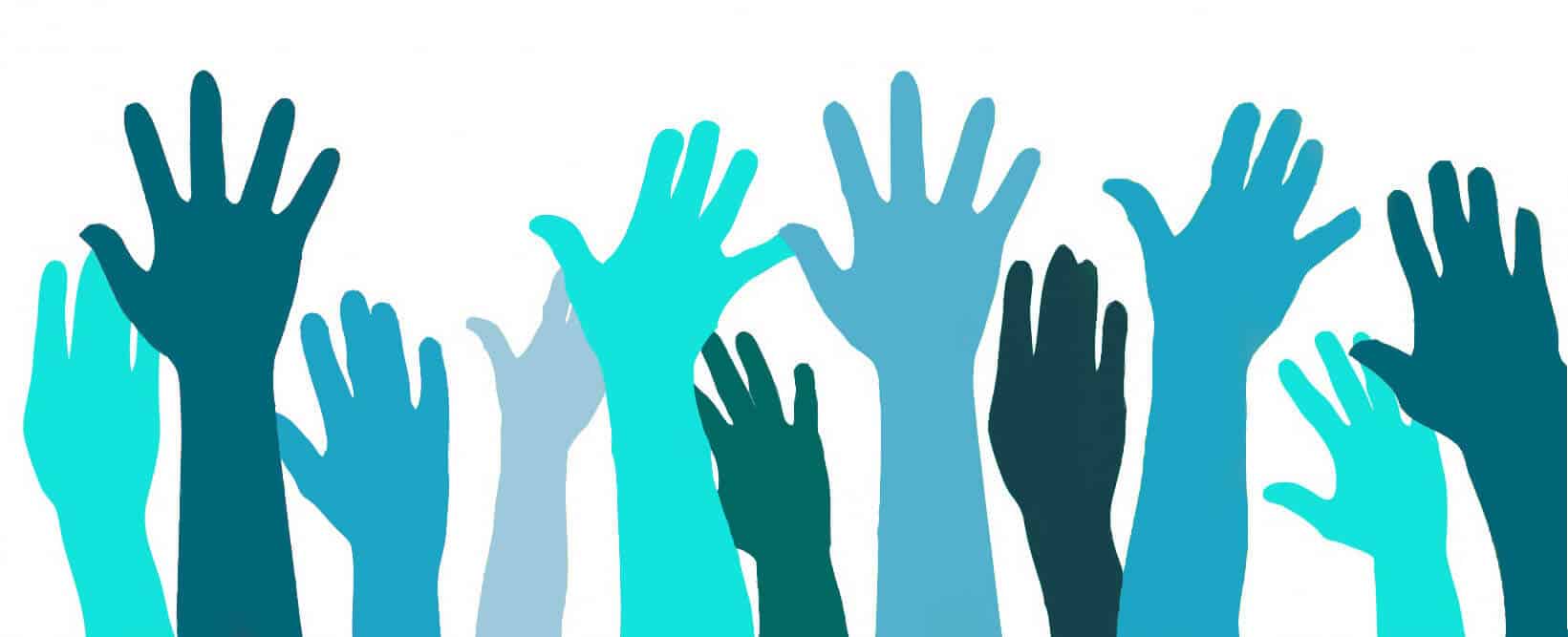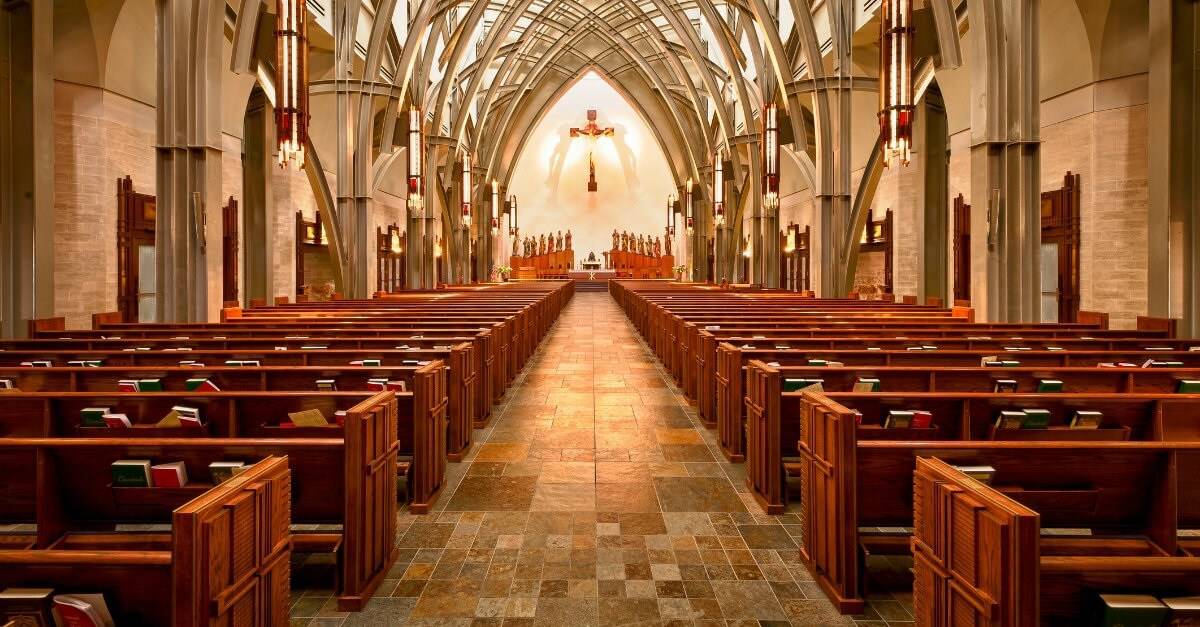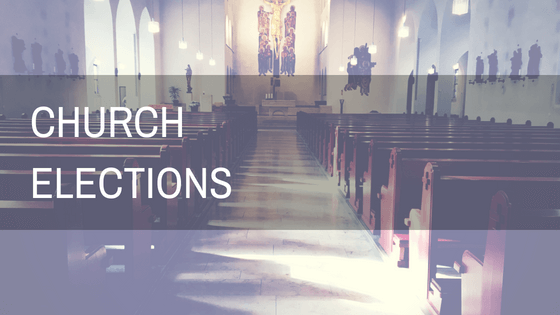Do You Know How Your School Board is Voting?
You know your local school board is out there. But do you know what that school board is doing? Do you know how school board members are voting? What issues they are debating? Many local residents do not – despite the fact that your school board is making decisions that affect the character and quality of education at every public school near you.

